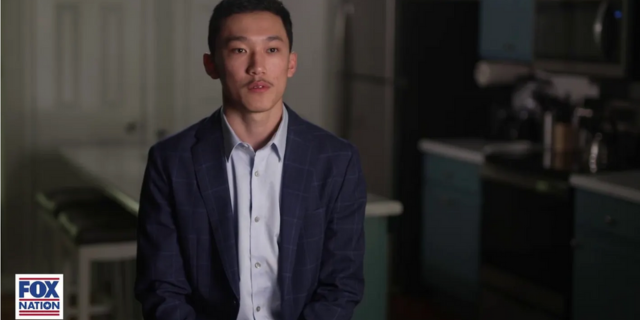Los Angeles Chinese News Network, June 9th – Students for Fair Admissions, an organization dedicated to ending unfair college admissions based on race, is currently focused on achieving its singular goal.
The United States Supreme Court is awaiting a decision that could potentially bring significant changes to the college application review process in the foreseeable future.
The implementation of the Affirmative Action policy in the United States has significantly impacted the academic prospects of Asian-American students like 18-year-old Jon Wang.
Jon Wang collaborated with the Students for Fair Admissions organization, submitting his exam scores to them. He revealed, “They applied their model and informed me that as an Asian-American, my chances of being admitted to Harvard were only 20%, while as a non-Asian, I had a 95% chance of admission.”
Coming from Florida, Jon Wang achieved a near-perfect score of 1590 (out of 1600) on the SAT, with a perfect score in the math section. Coupled with his high school GPA of 4.65, he was considered an ideal candidate for elite universities. However, it seems that even these outstanding achievements were not enough to secure his desired university placements.
Jon Wang, as a first-generation Chinese immigrant, expressed, “I applied to Massachusetts Institute of Technology (MIT), California Institute of Technology (Caltech), Princeton University, Harvard University, Carnegie Mellon University, and University of California, Berkeley.” Unfortunately, all of these schools rejected his applications.
Jon Wang shared with Fox News that during the application process, both his friends and school counselors warned him with a strange advice: “They all told me that as an Asian-American, it would be relatively difficult to be admitted.”
Last autumn, the United States Supreme Court reviewed two separate cases related to college admissions and decided to hear them separately. The case concerning Harvard University, a private institution, focused on whether the school violated Title VI of the Civil Rights Act by discriminating against Asian-American applicants. The case involving the University of North Carolina, a public institution, centered on the school’s reluctance to adopt a “race-neutral alternative.” Both cases have the potential to significantly impact the 2003 precedent of Grutter v Bollinger, in which the Supreme Court ruled that considering race as a factor in admissions was constitutional, as long as it served the narrow purpose of achieving educational diversity.
Jon Wang, an exceptional Asian-American student with outstanding test scores and academic performance, faced concerns raised by many schools regarding the high admission rates of Asian-American students on their campuses.
Jon Wang stated, “I am committed to raising awareness about unfair admissions practices. I am deeply concerned about this issue but also worried about potential backlash on social media.” The outcomes of these two cases, soon to be decided, could have significant implications for the future of college admissions.
In the end, Jon Wang received an acceptance letter from the prestigious Georgia Institute of Technology, specializing in engineering and other science, technology, and engineering disciplines. The institution is located in Atlanta.
A ruling on the cases filed by Students for Fair Admissions against the University of North Carolina and Harvard University is expected to be delivered before July 4th.

